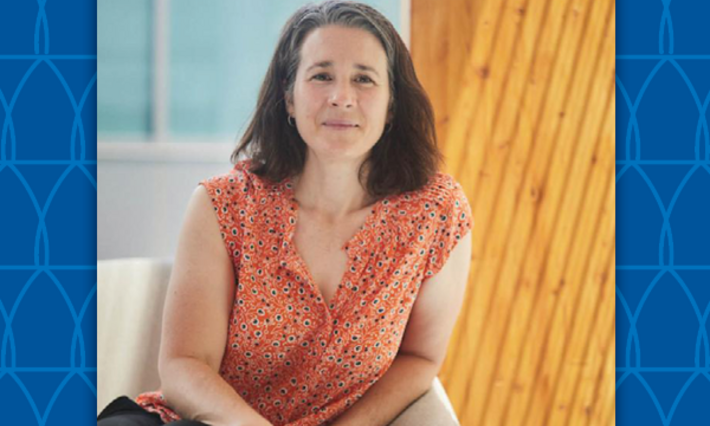Duke University has awarded Distinguished Professorships to 44 faculty members from seven Duke colleges and schools this year — including 27 from the School of Medicine. Ten of these faculty are members of Duke Cancer Institute. The honorees were formally recognized by President Vincent Price and Interim Provost Jennifer Francis during a ceremony at the Washington Duke Inn on May 4.
Distinguished Professorships recognize faculty scholars who are well-established members of the Duke academic community and who have achieved distinction as creative scholars in their field or in their ability to transcend disciplines. For School of Medicine awardees, this means faculty who "have demonstrated extraordinary scholarship in advancing science and improving human health."
At the ceremony, Price noted the broad influence the awardees have had through their scholarship, by “shaping our understanding of the world, and advancing opportunities, solutions, and inventions to improve the human condition.”












